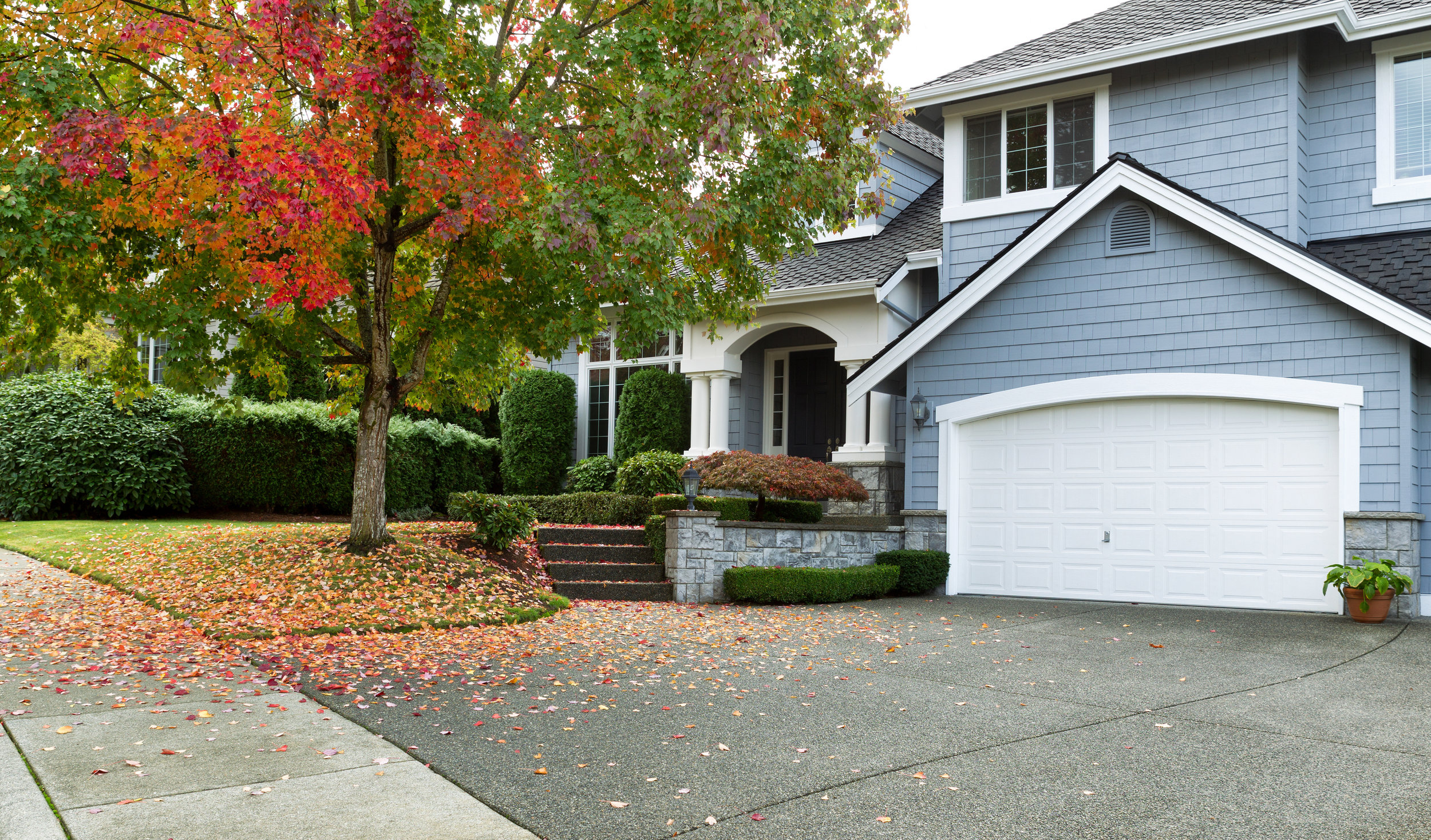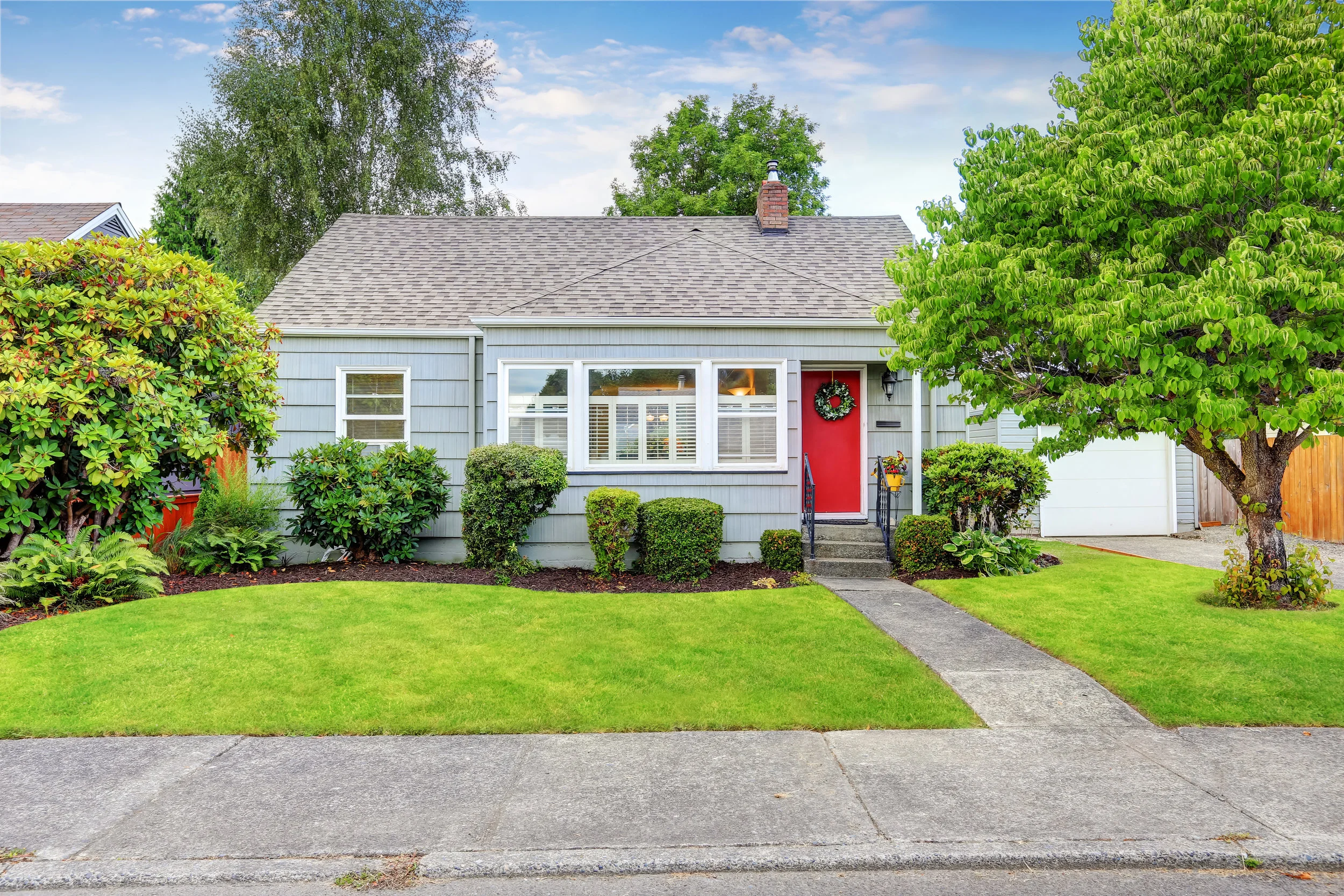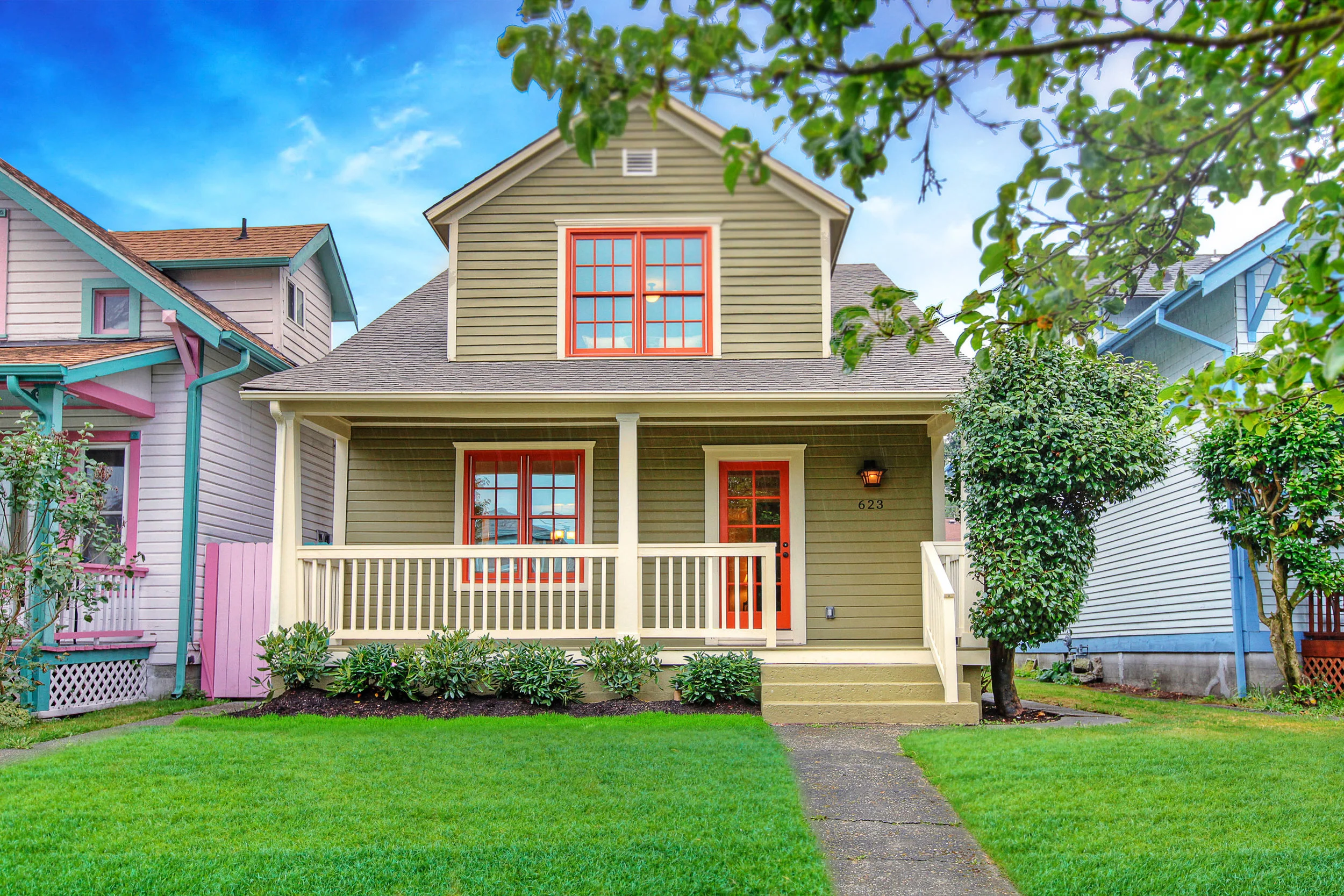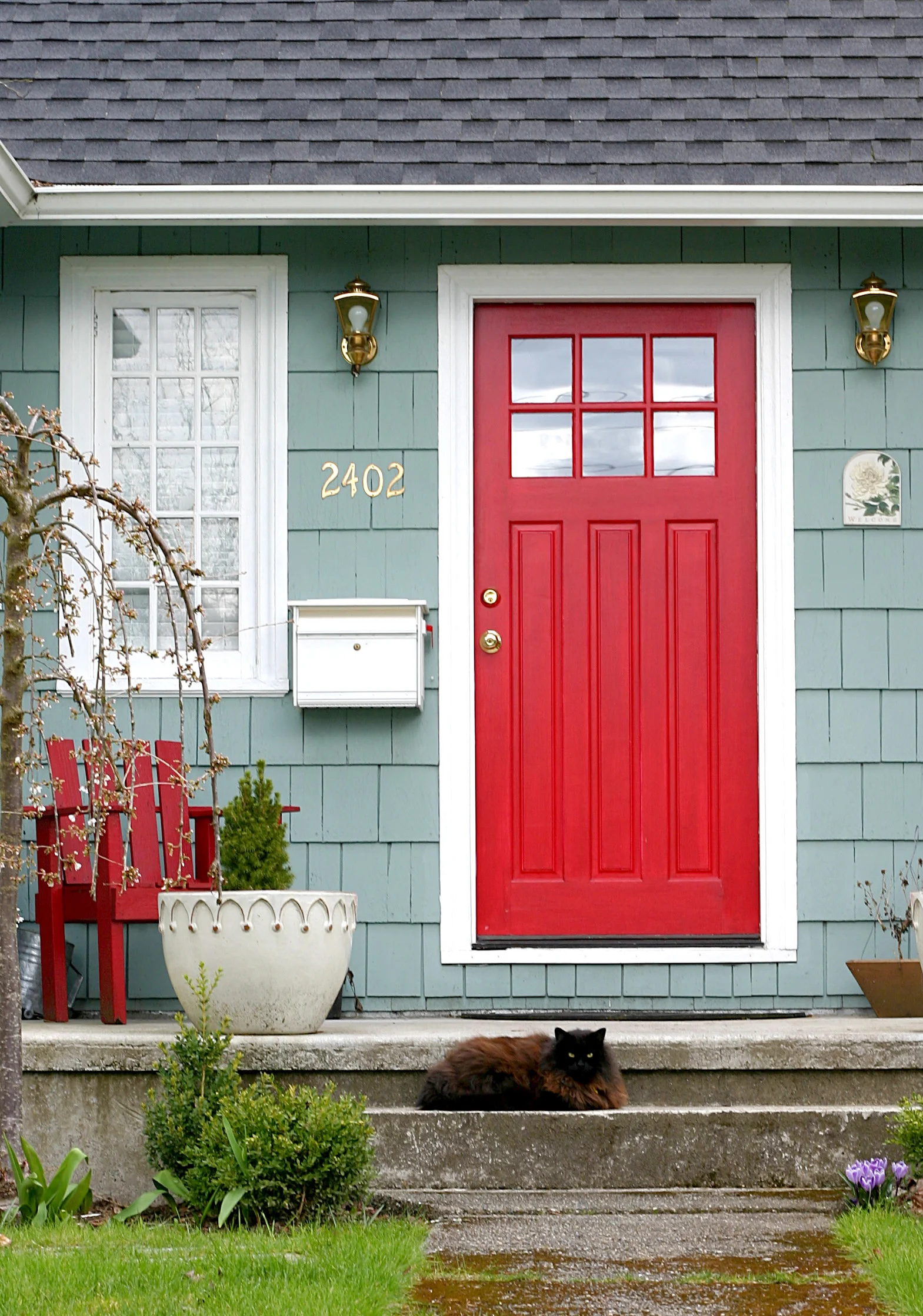Today we’re getting into the details! What exactly is the role of a real estate agent in helping buy or sell your home?
A lot of people really don’t know what a real estate agent should be doing for them. And because they don’t know the role of a real estate agent, they often miss out on some of the benefits of having an agent that does their job well.
Maybe you just hire any agent because you think they all do the same thing, but really you miss out on some bonuses because you simply don’t know that they should be doing certain things for you? It’s hard to ask questions if you don’t know what questions to ask!
The road to homeownership—or getting your home sold—can be bumpy, and it’s often filled with unexpected turns and detours. That’s why it makes sense to have a great real estate to help guide the way for you.
A Great Agent Should:
- Save you time!
- Be very knowledgeable of your area.
- Be an expert guide for your market and for the process itself.
- Find the right price for your home.
- Effectively promote and market your home.
- Have a strong network of professionals and agents around them.
- Advocate for you as a buyer or seller.
- Assist you with negotiations.
- Take care of your paperwork down to the finest detail.















